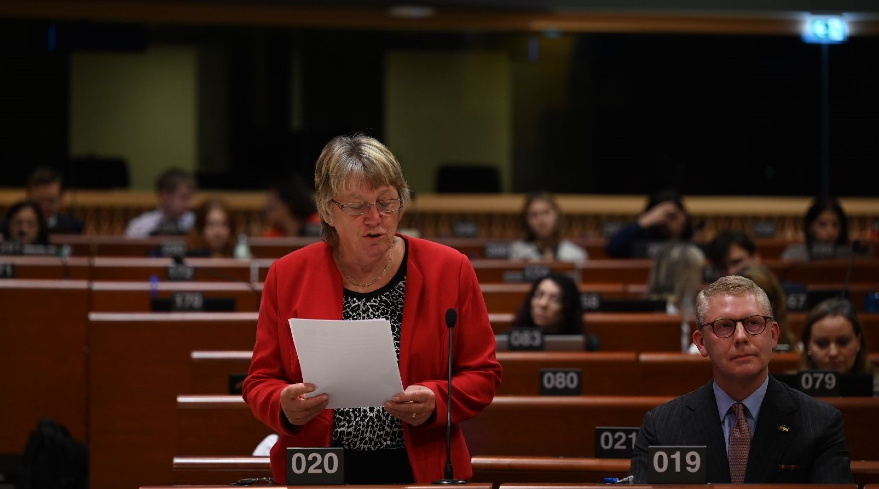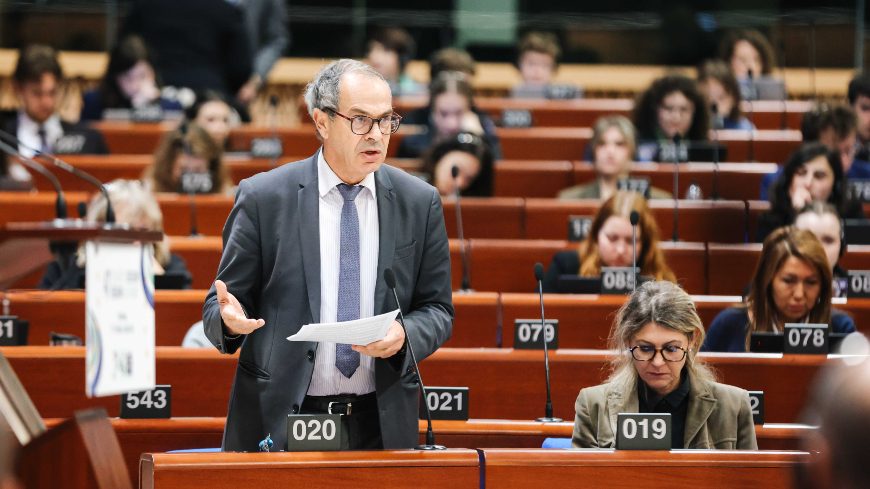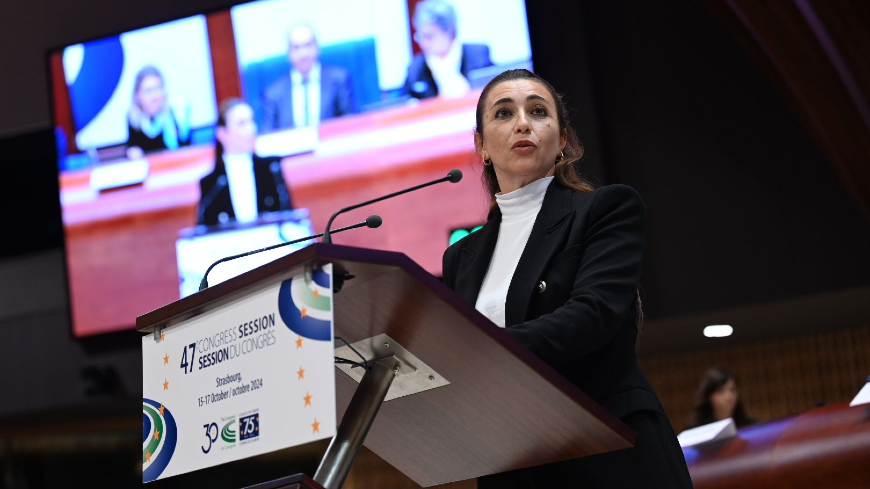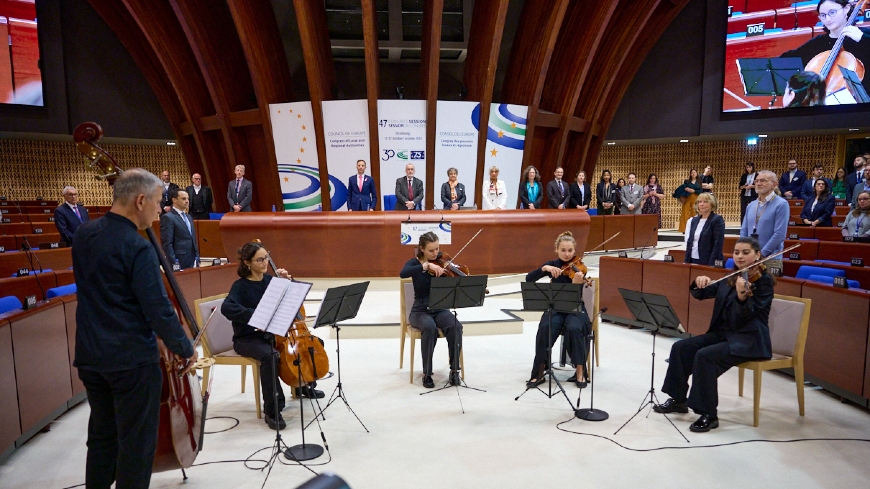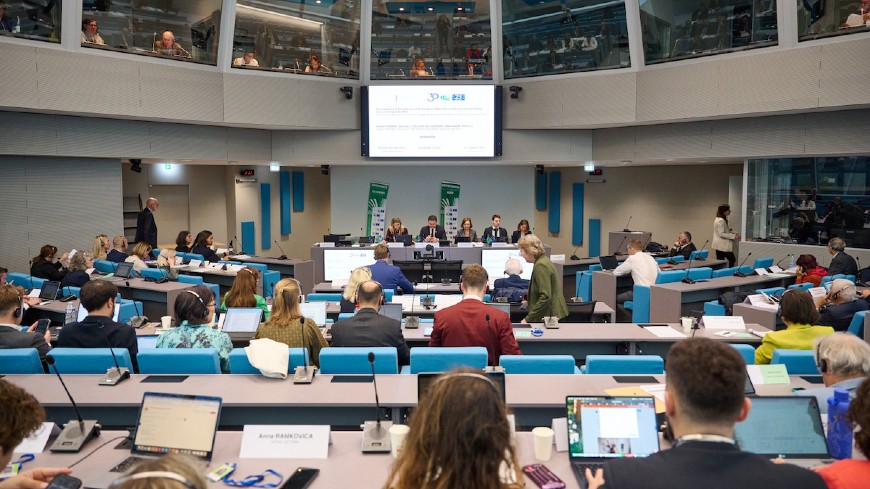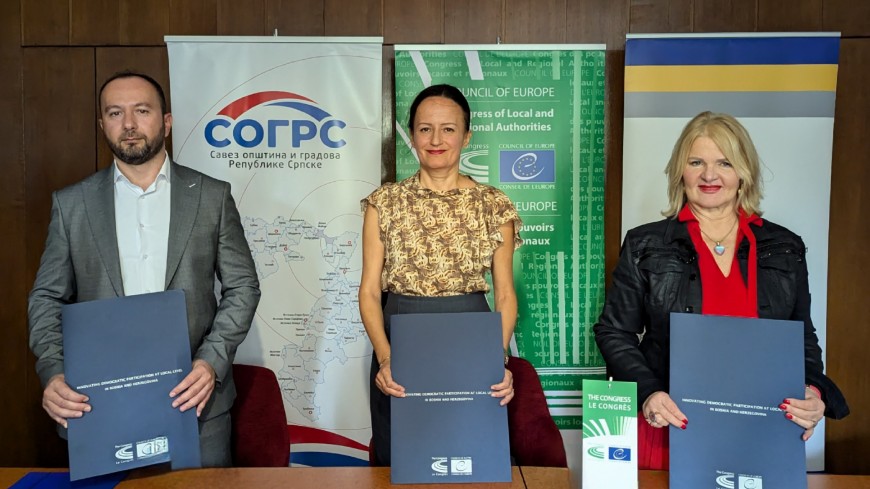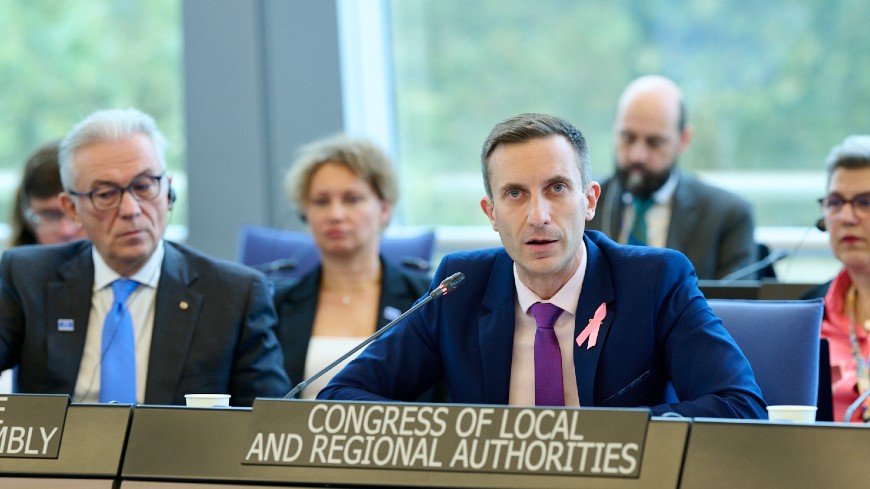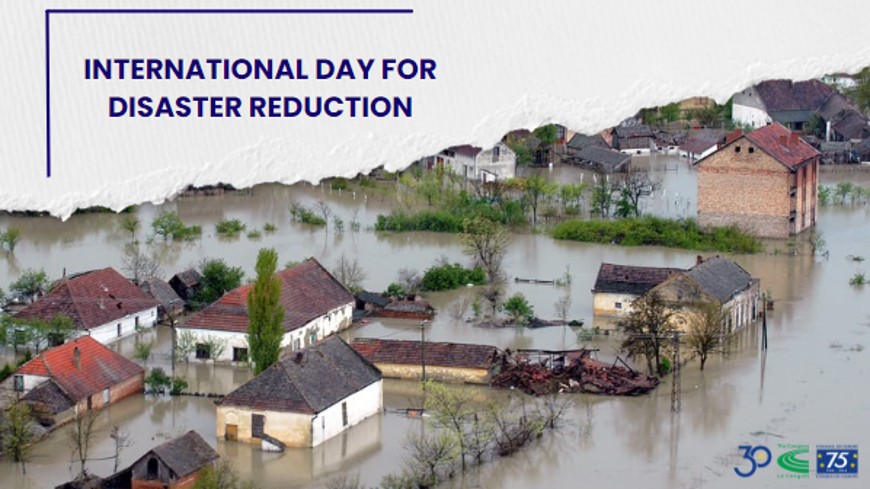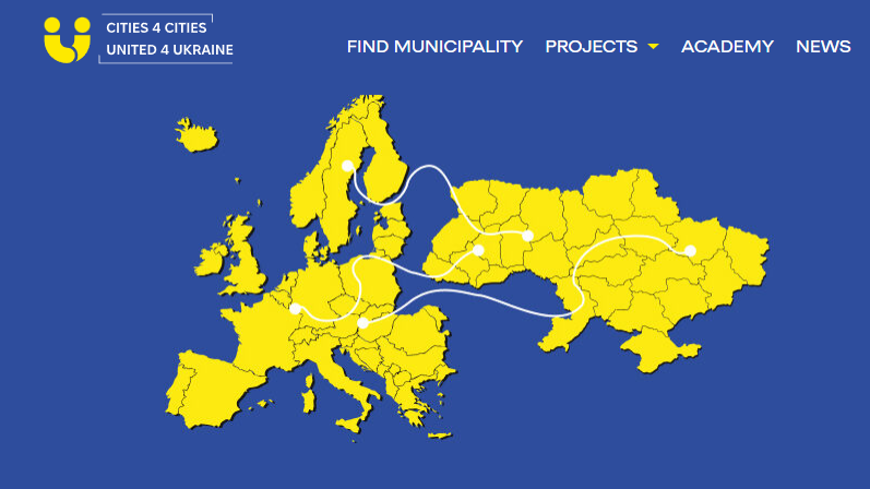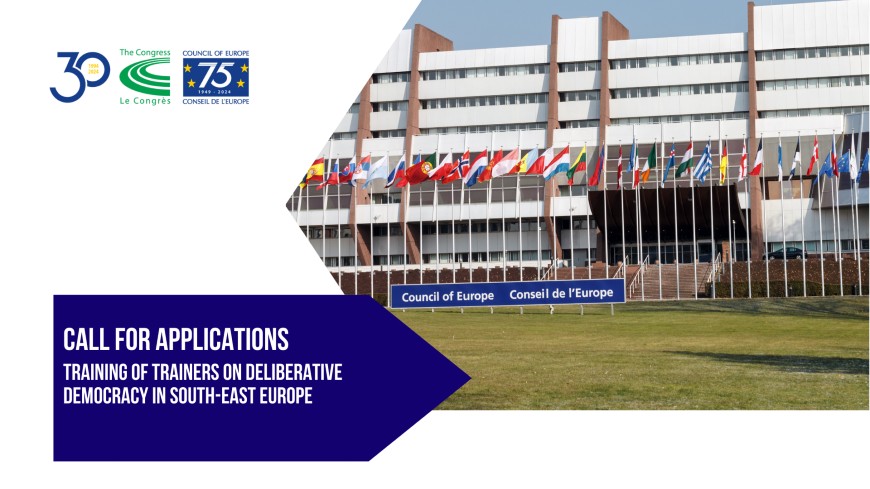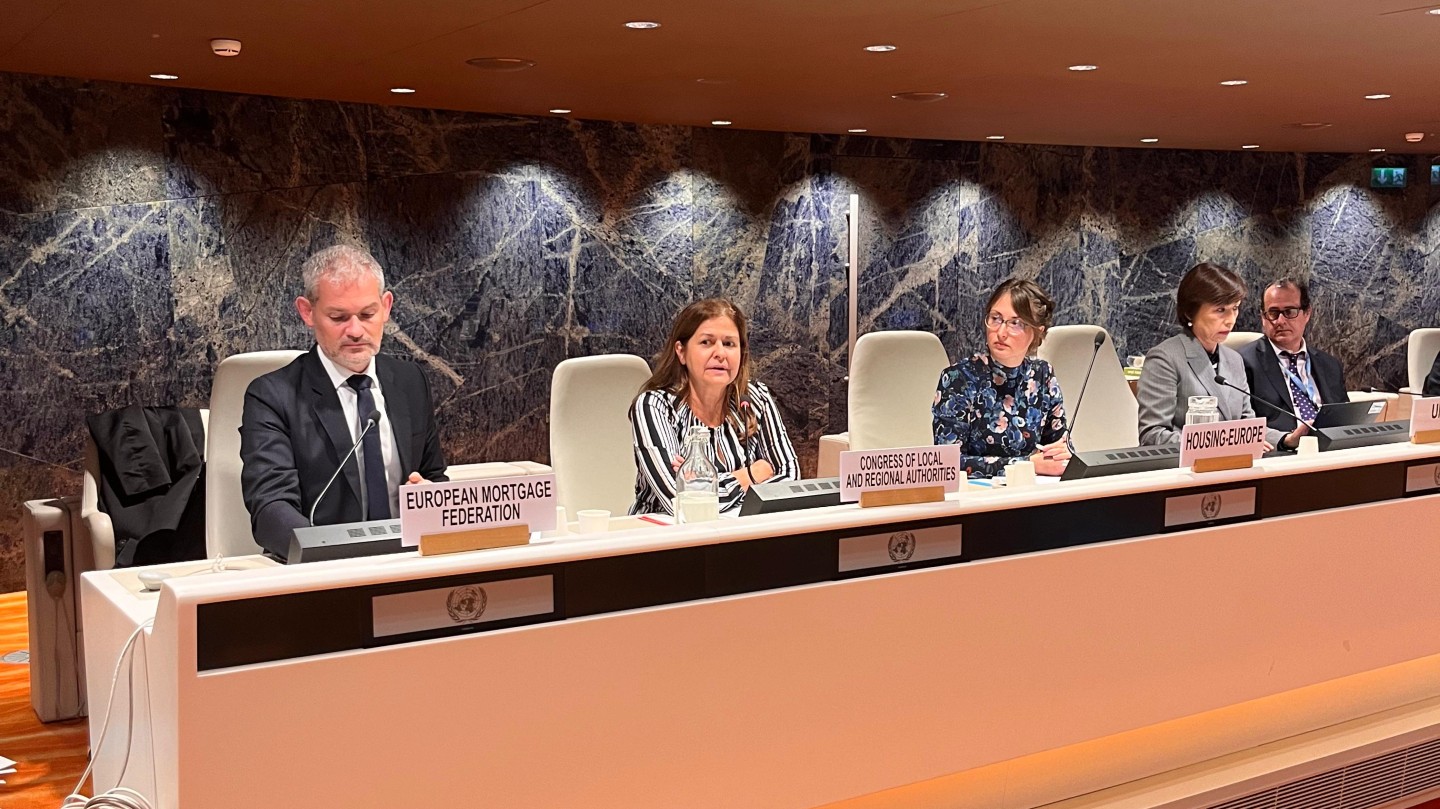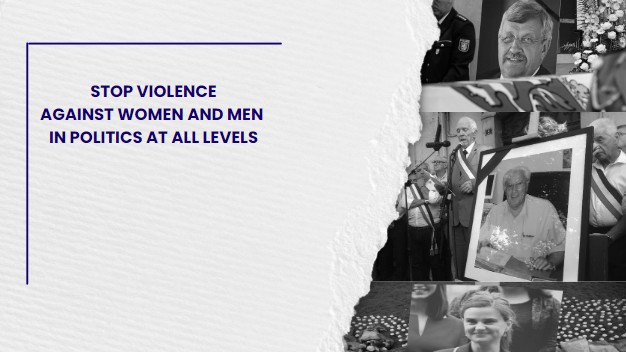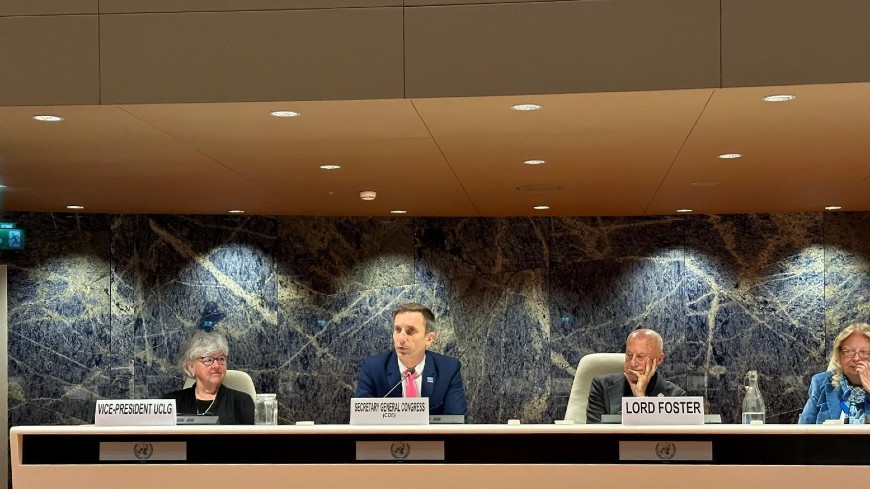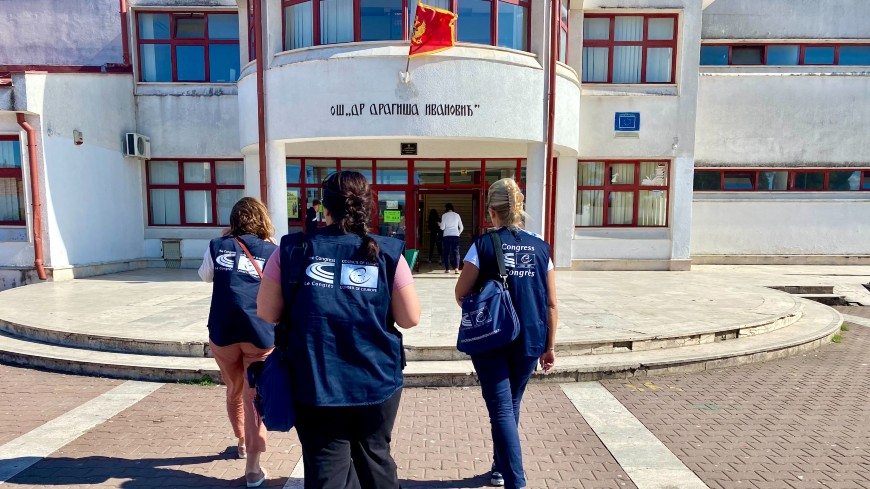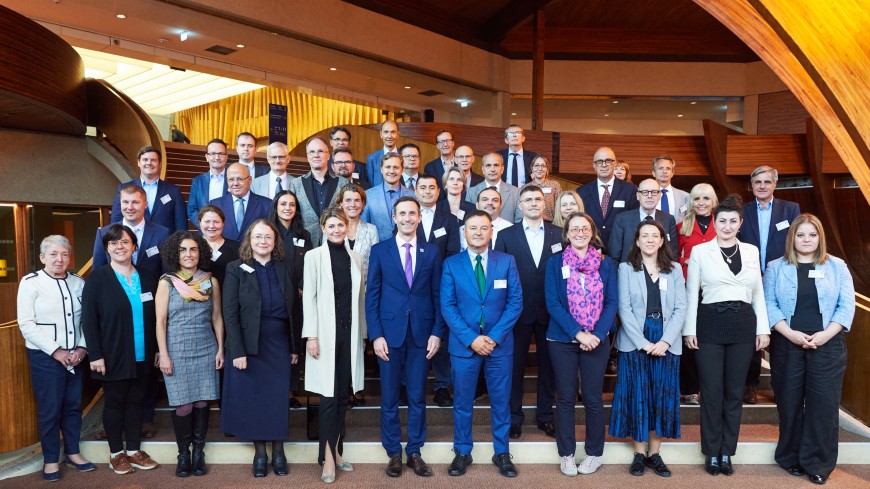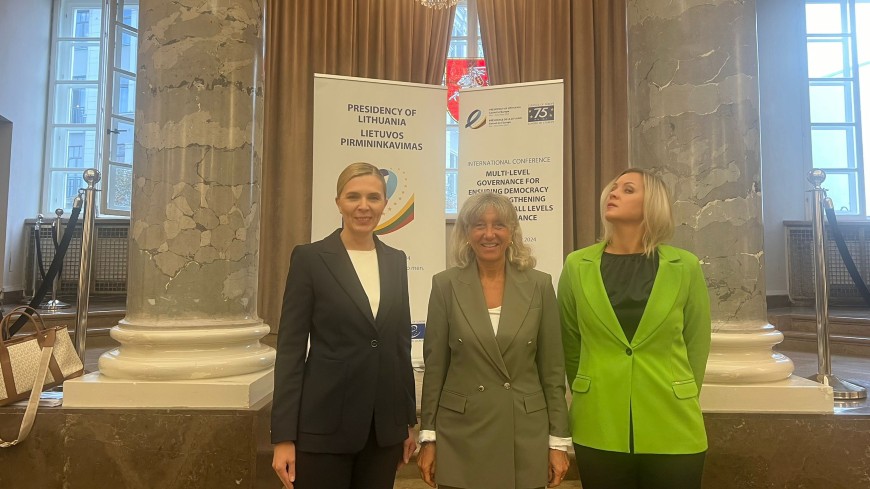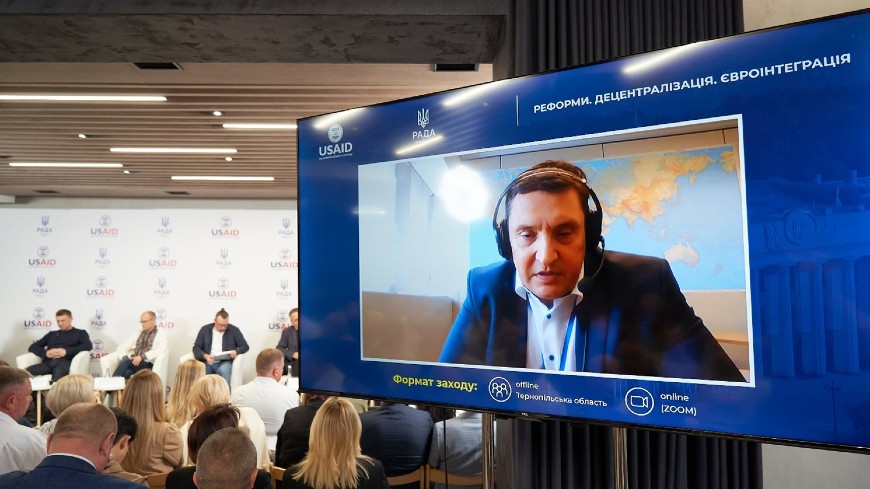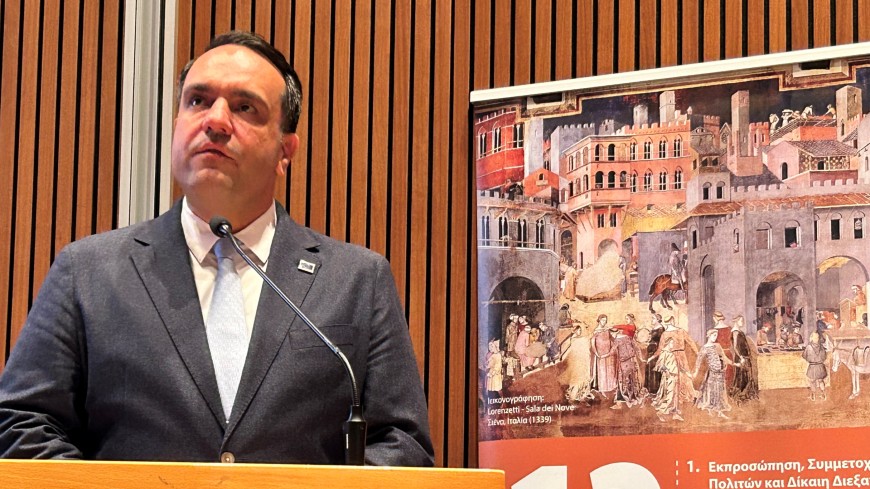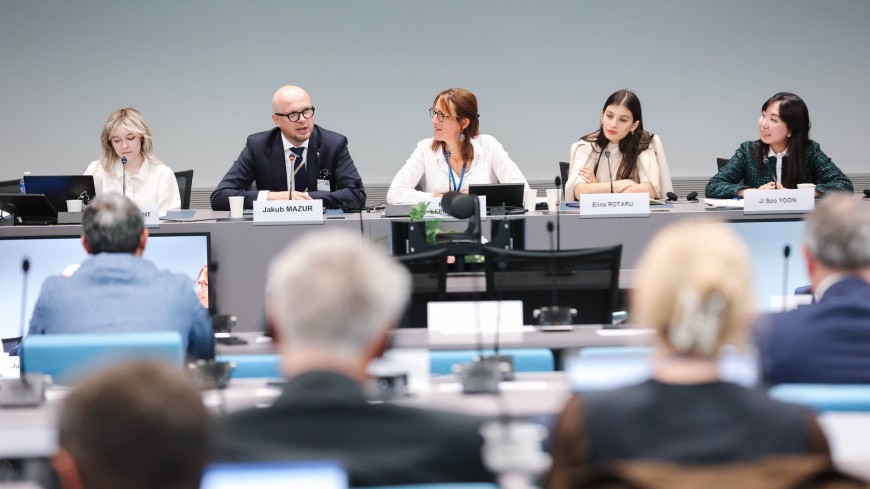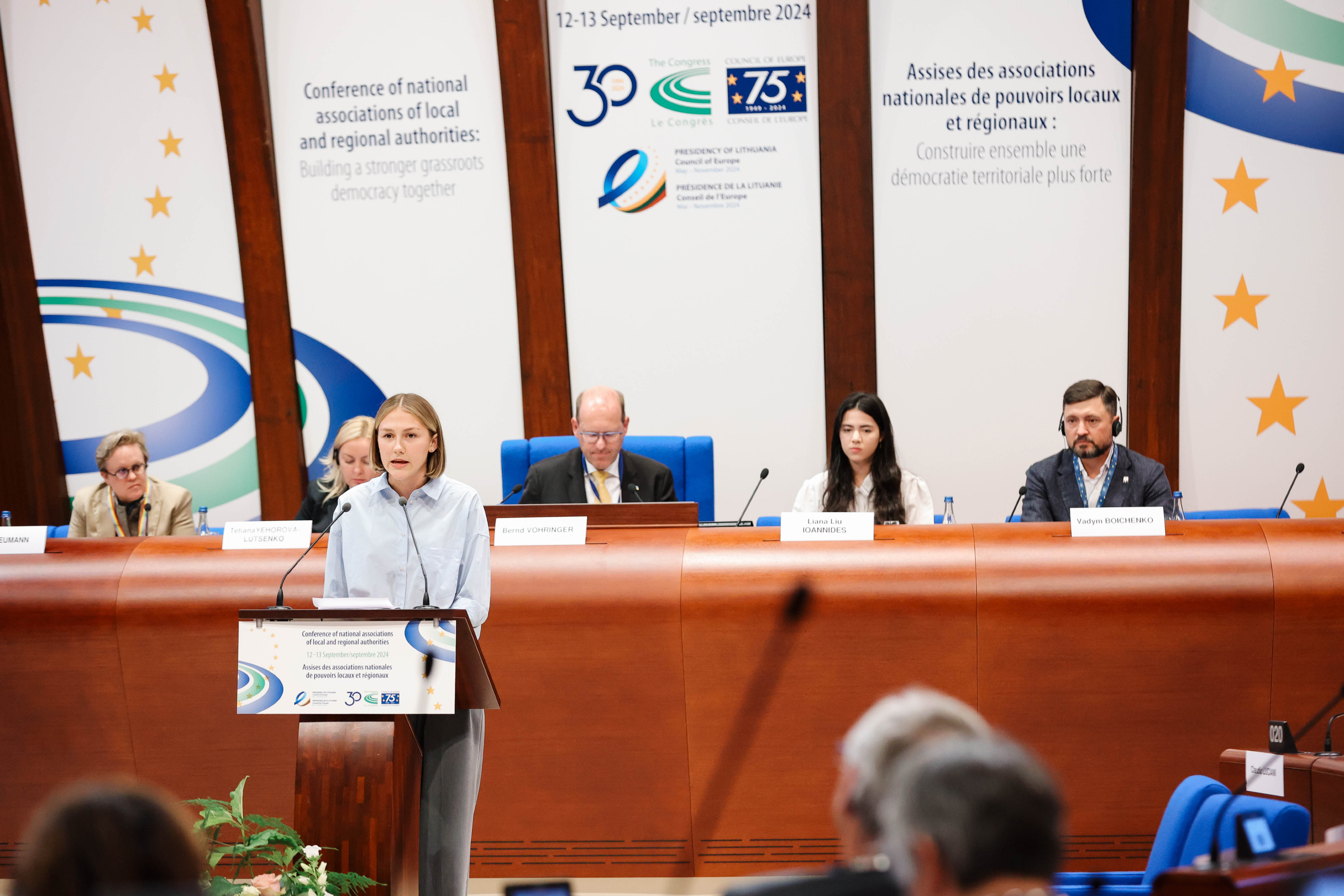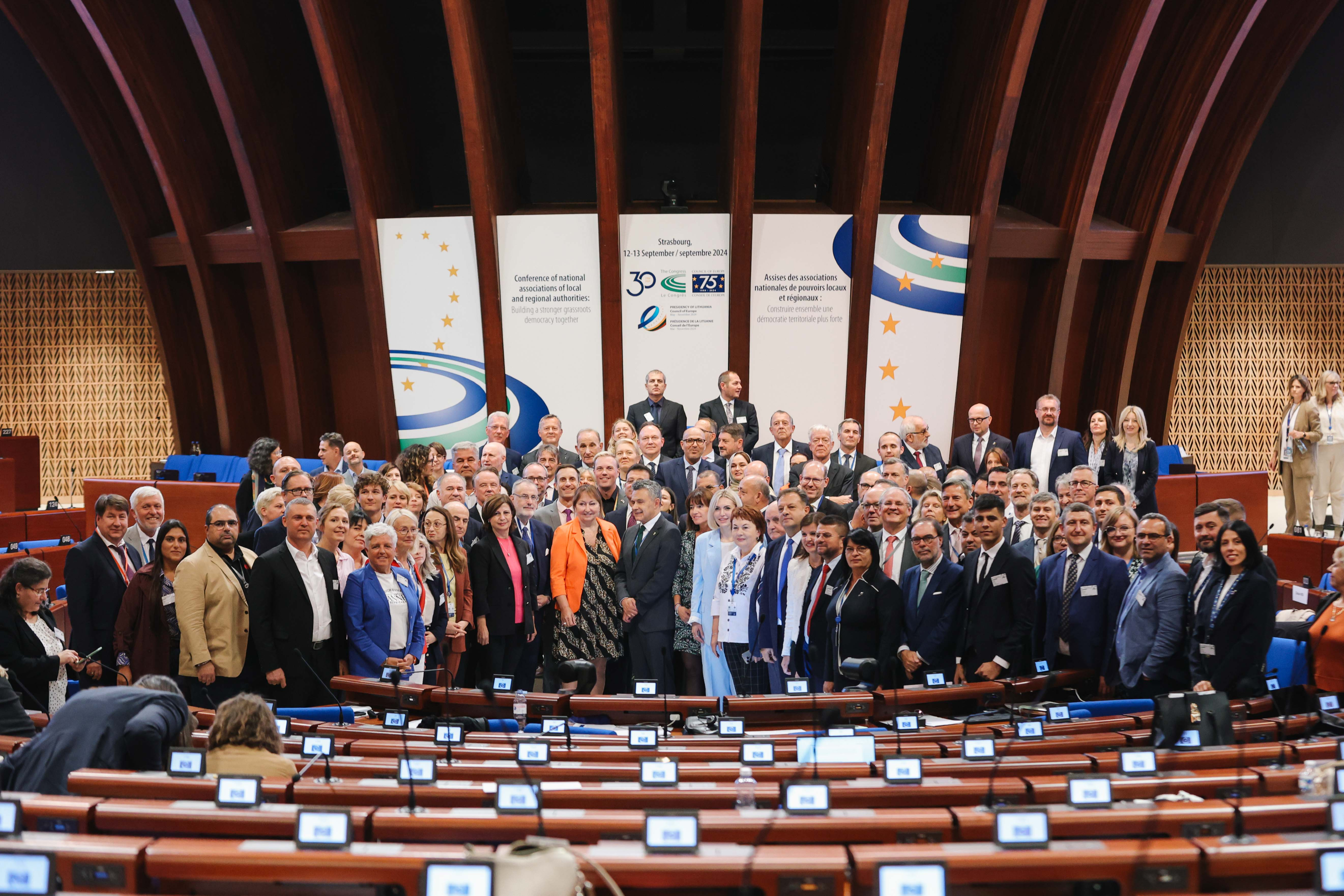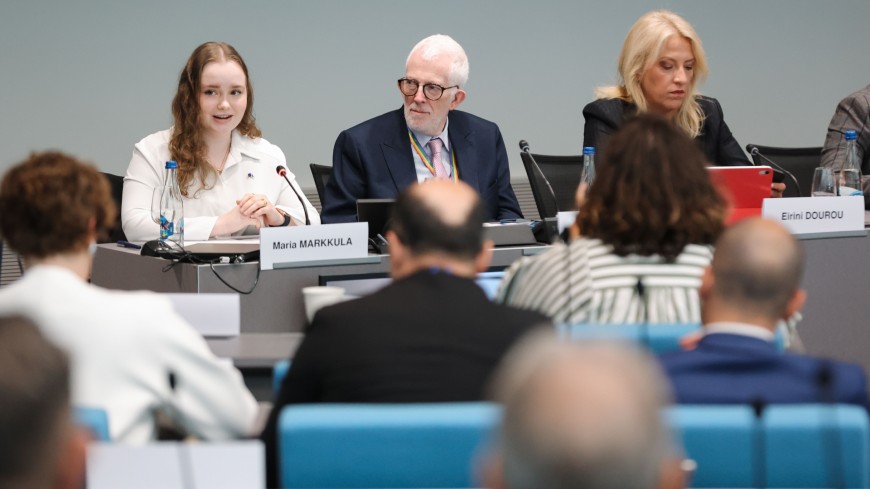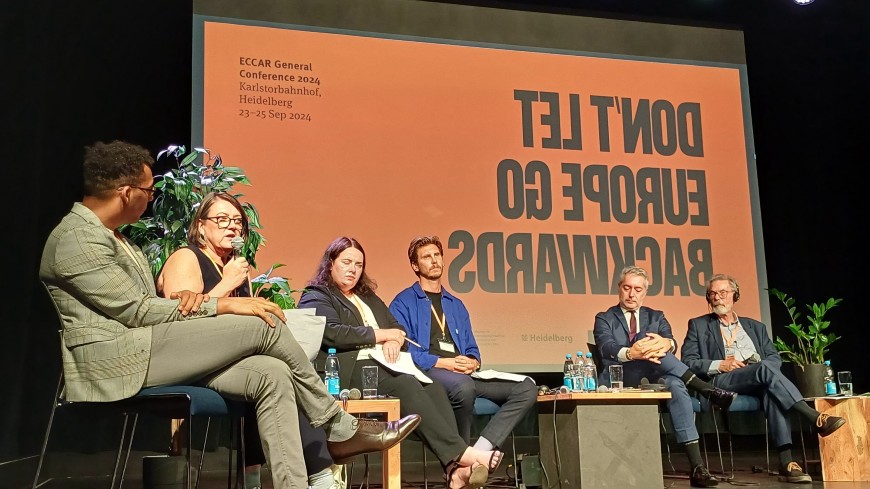The protection of human rights by locally elected representatives was at the centre of the thematic debate held during the 47th session of the Chamber of Local Authorities, on 16 October.
The debate focused on the role of locally elected representatives in safeguarding and implementing human rights in a context of recent attacks on elected officials and weakening of human rights protection. Human rights need to be considered as a concrete and tangible reality for local stakeholders, encompassing essential aspects such as education, housing, and social rights.
A guest speaker in the debate, Mattias Guyomar, Judge at the European Court of Human Rights (France), emphasised that mayors and other locally elected officials are at the front line of protecting human rights. For him, in addition to being the foundation of all democratic regimes, locally elected officials are the guardians against human rights abuses. They should therefore respect, protect, fulfil and promote human rights and act as a network for human rights protection. He also insisted on the need for continuous dialogue between the European Court of Human Rights and local elected representatives to explain the case-law of the Court and to learn about the daily implementation of human rights in municipalities.
Floriane Varieras, Deputy Mayor of Strasbourg in charge of the “Inclusive City: solidarity, support for vulnerable people and anti-discrimination” campaign makes sure that conditions are met for people to live their lives with dignity. She highlighted the importance of implementing human rights at local level – for instance, by guaranteeing access to food, housing, and public services for most vulnerable citizens, especially youth residents. The Deputy Mayor also stressed that “the respect for human rights must be a compass for our day-to-day actions. This means taking action, but also promoting these rights”.
Ella Micallef, Youth delegate from Malta, highlighted the power local authorities have to react in situations potentially dangerous for human rights before they escalate, because of their proximity to citizens. She also recalled the impact rulings of the European Court of Human Rights have on all European municipalities, and concluded by underlining that “young people rely on local and regional authorities to make the European Court of Human rights accessible for everyone”.
The speakers were followed by Congress members and youth delegates underscoring that local decisions had an essential role to play in consolidating the protection of human rights on the continent, both preventively and curatively.










